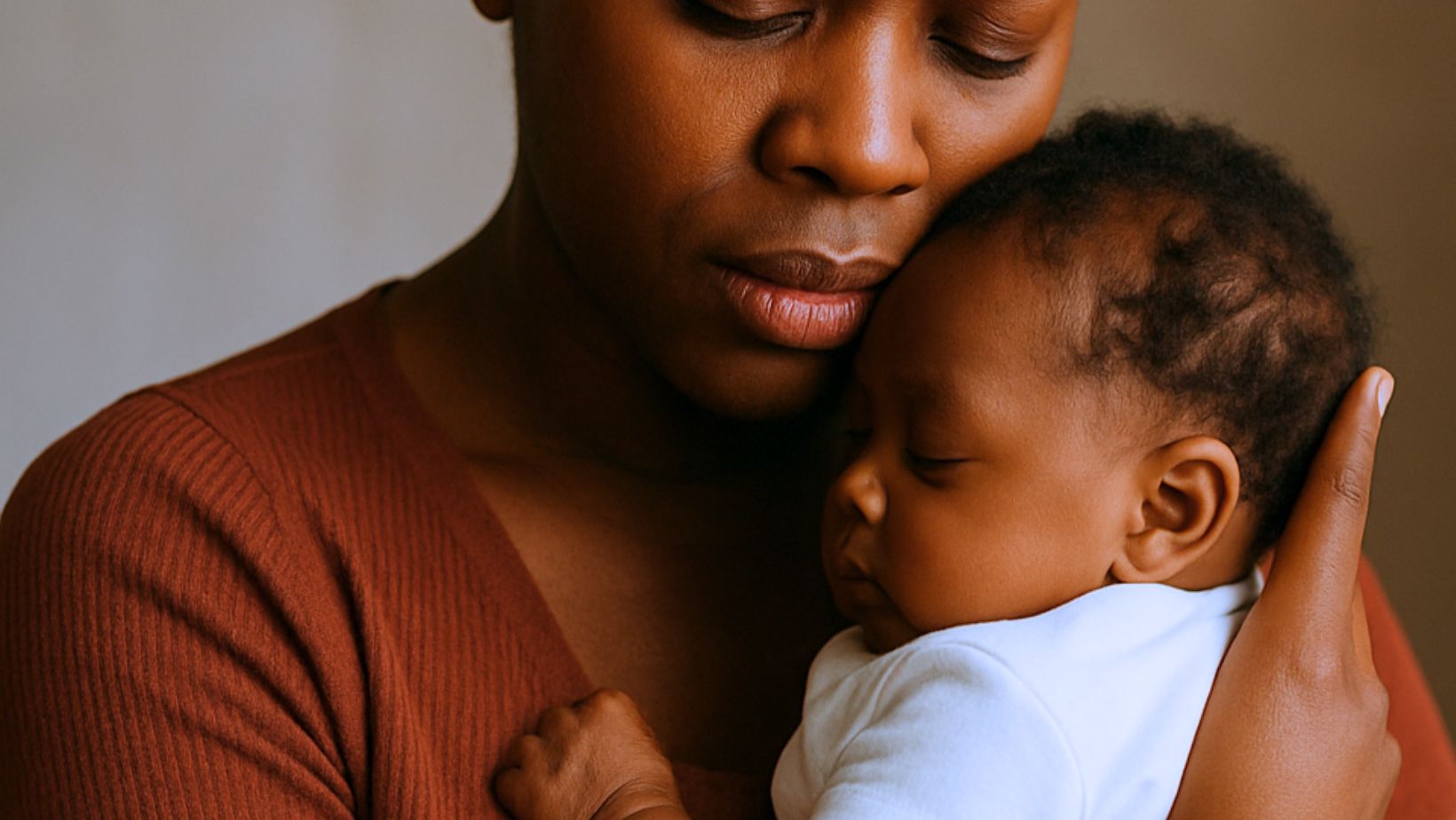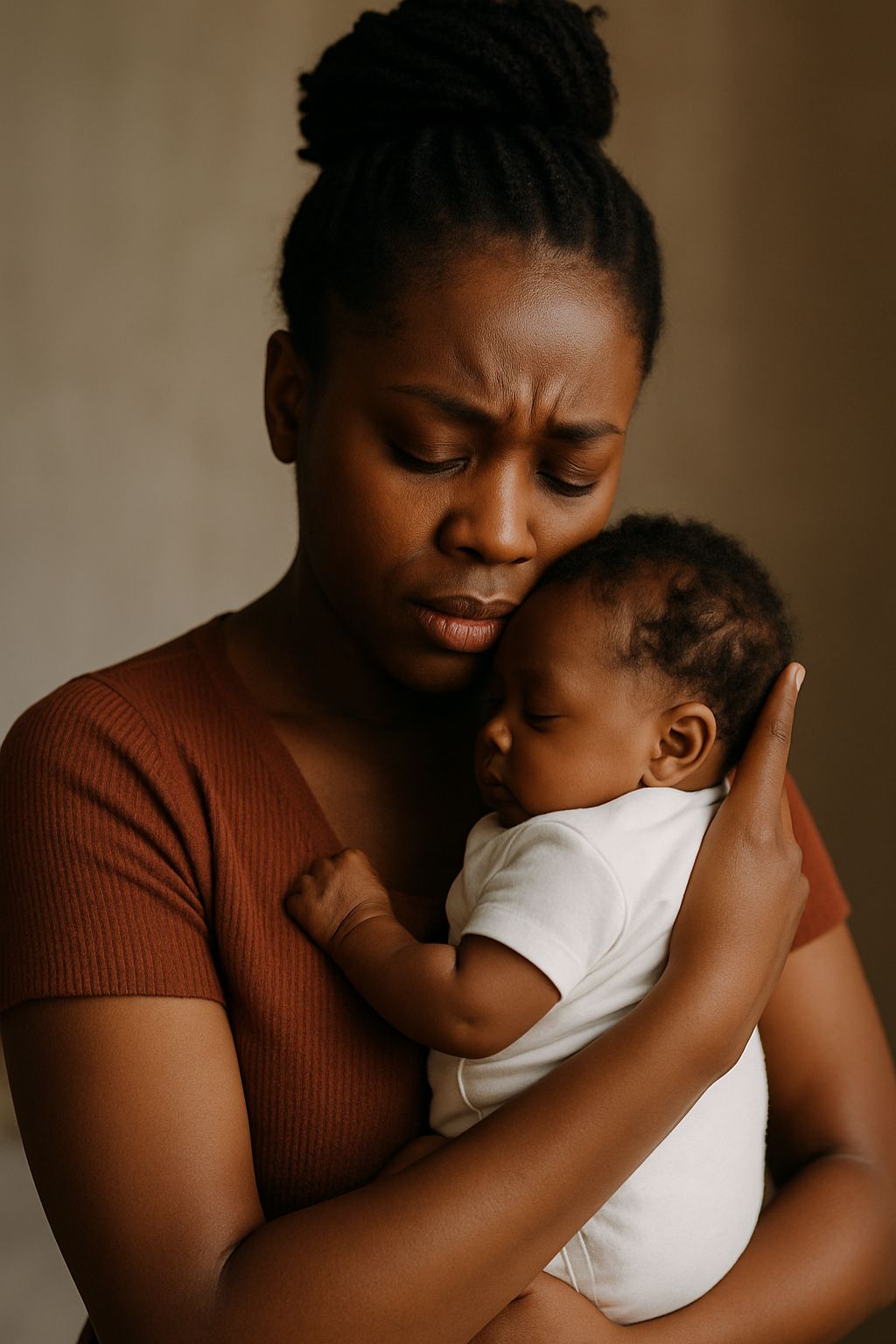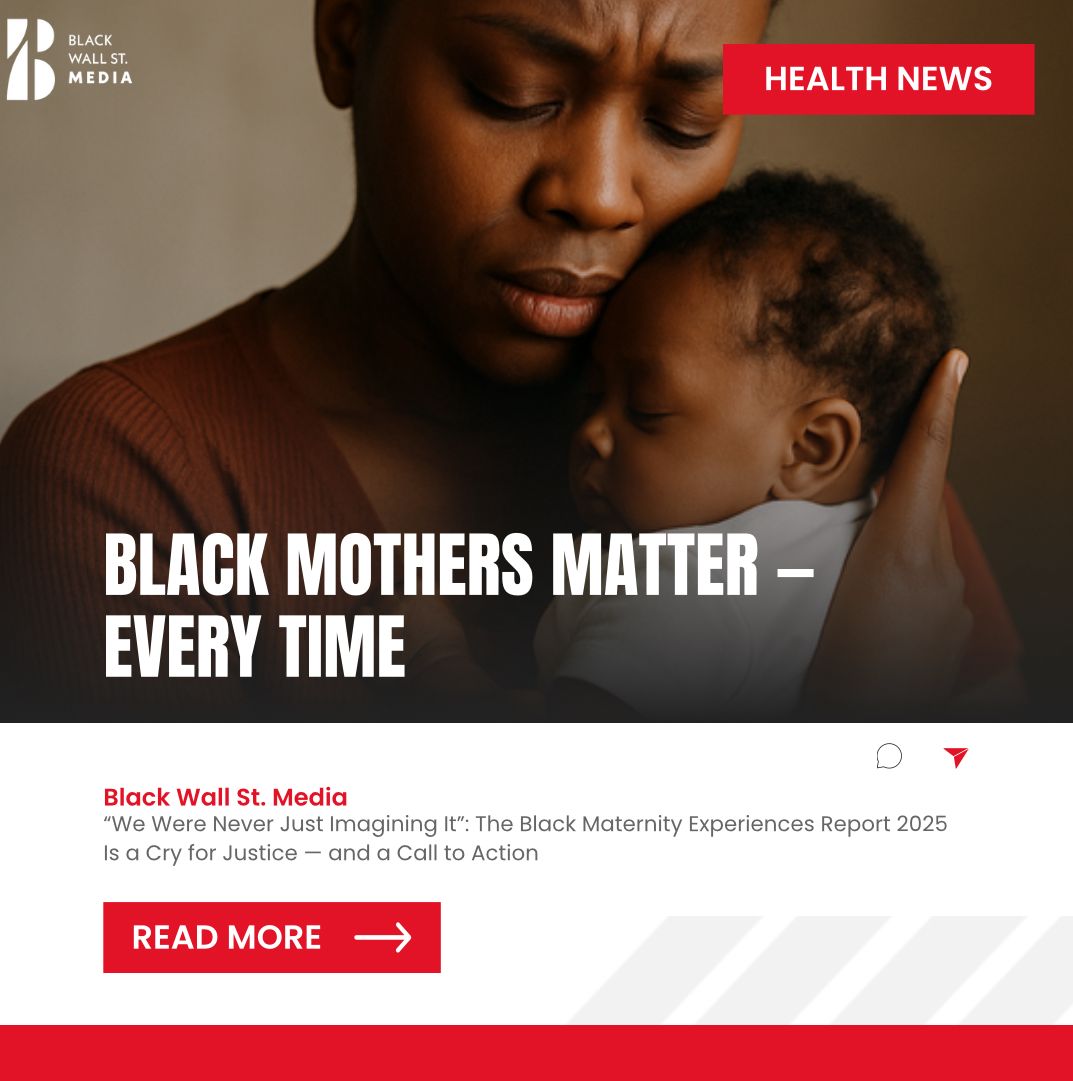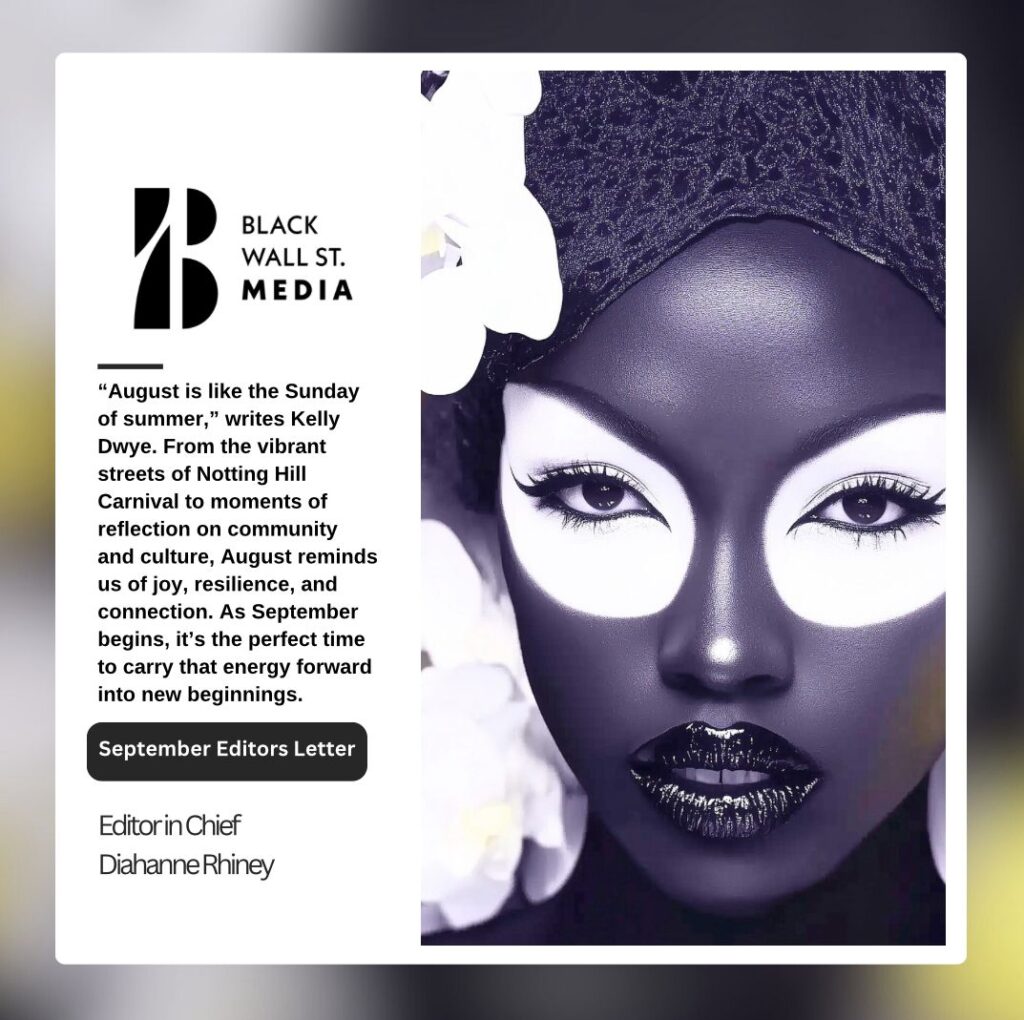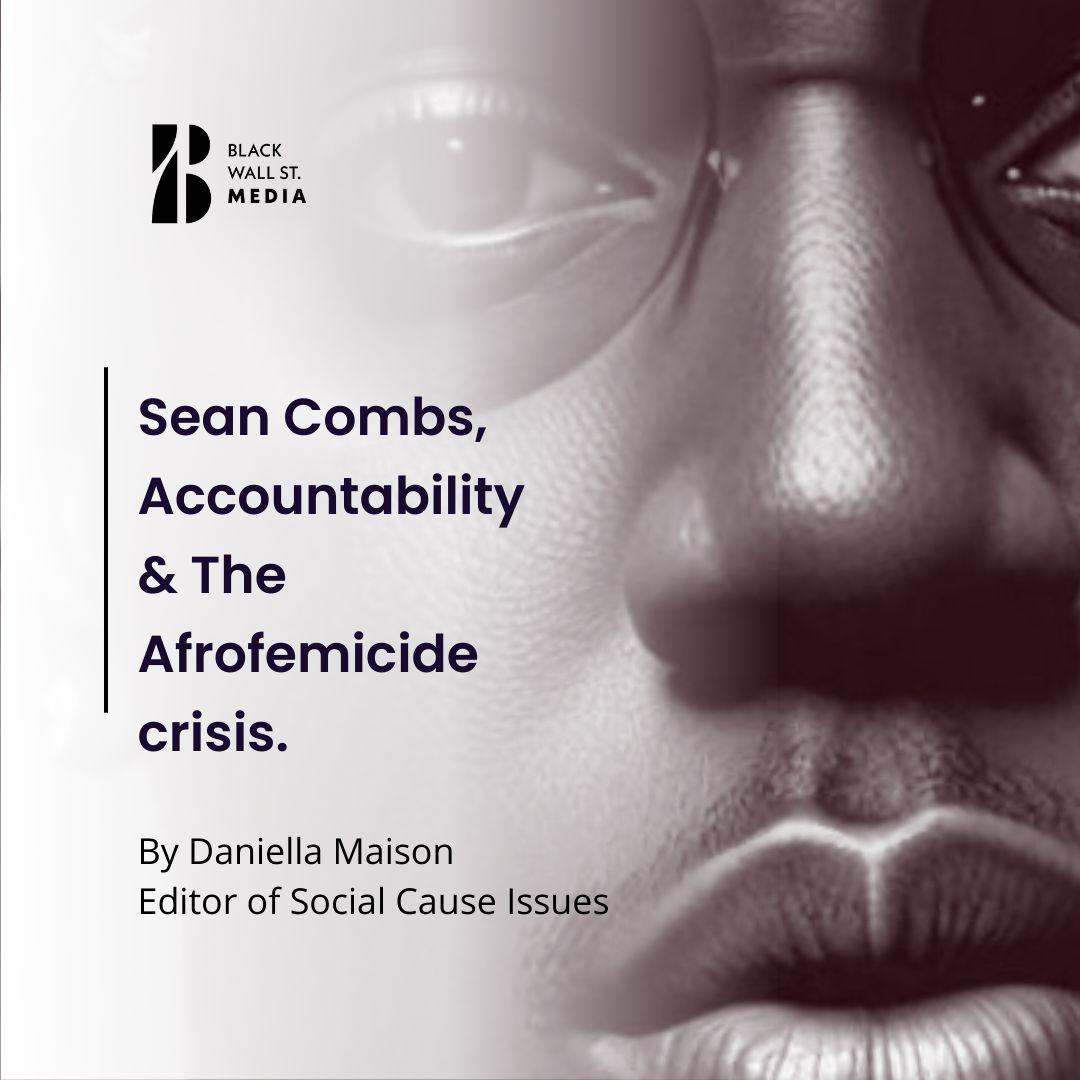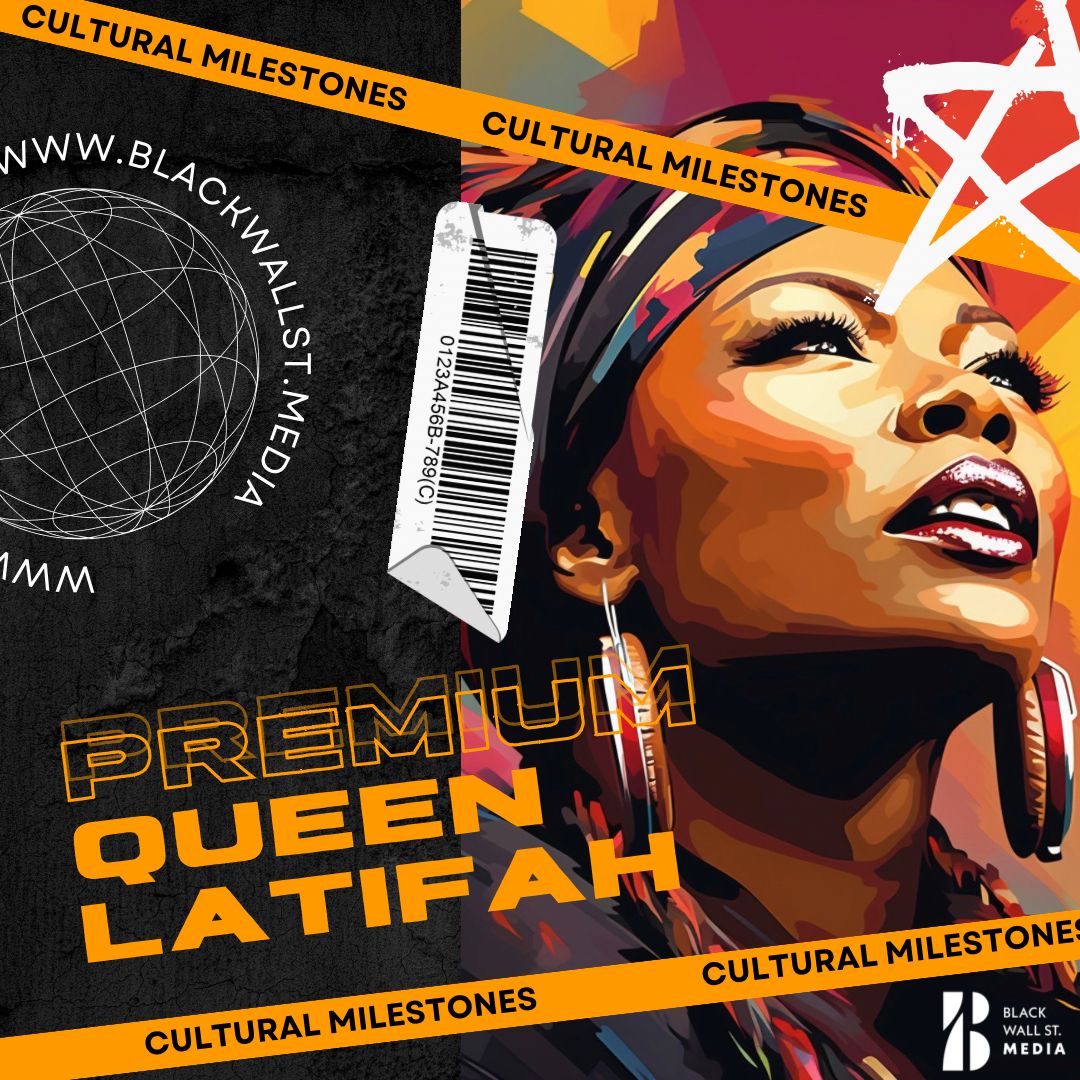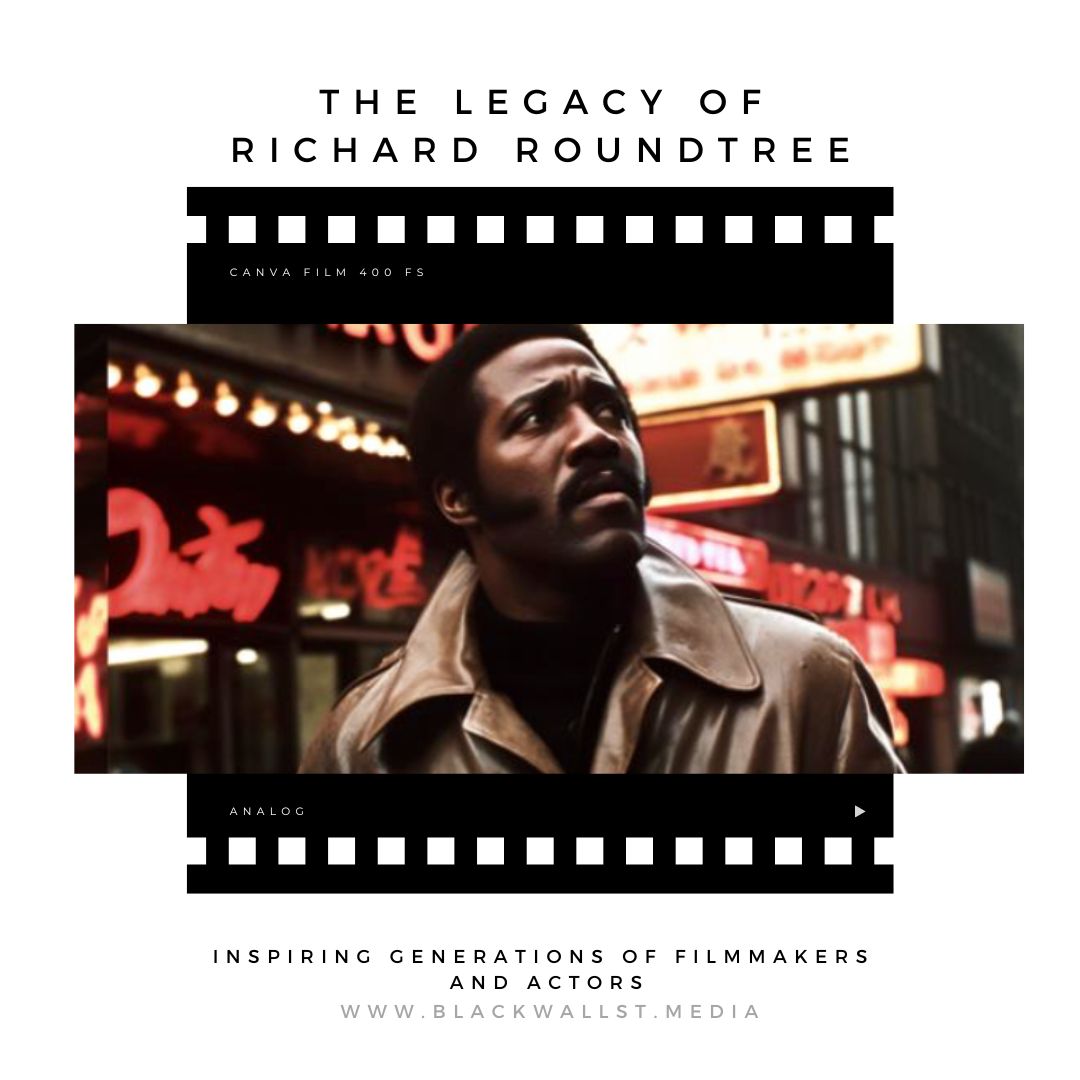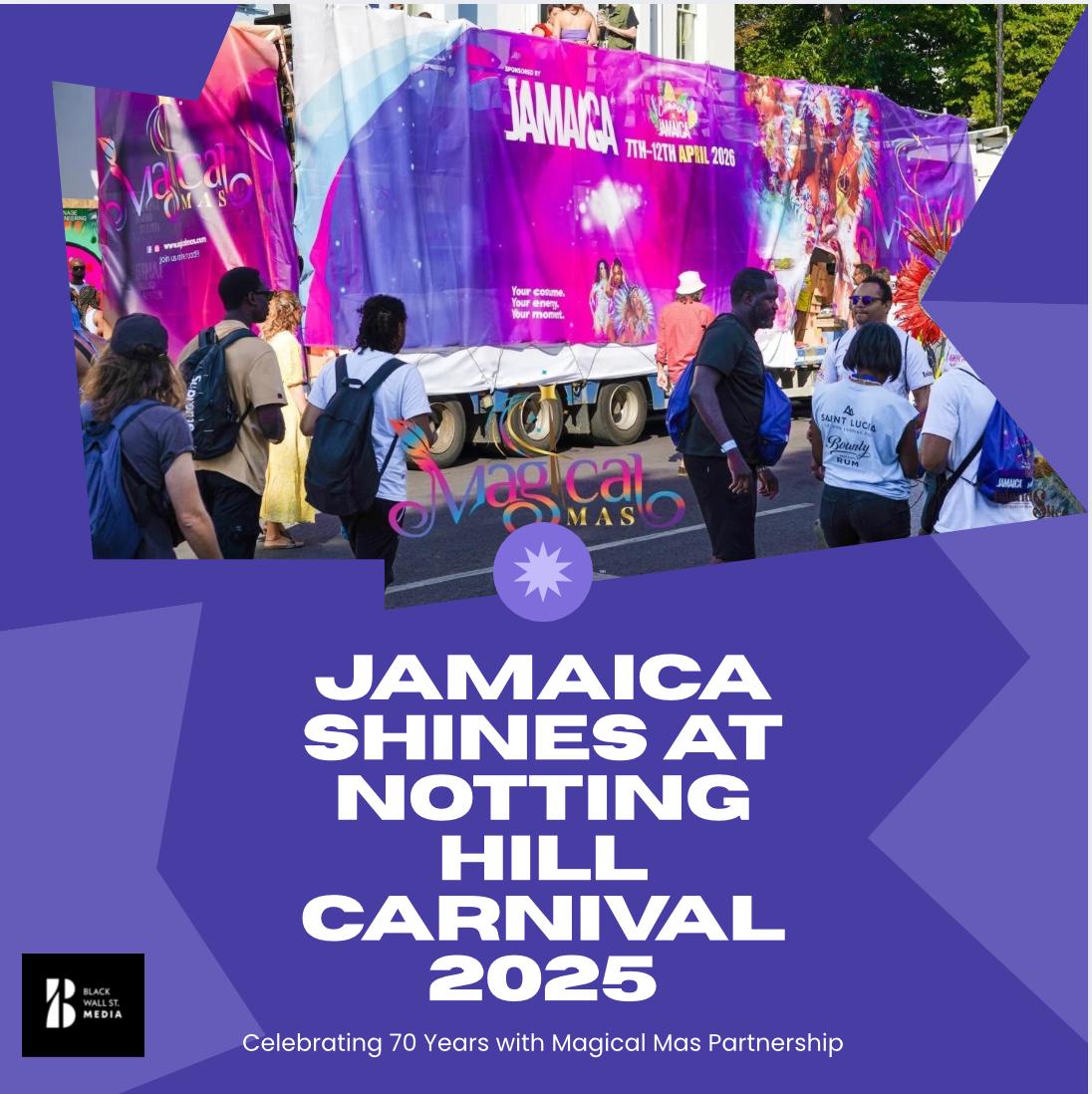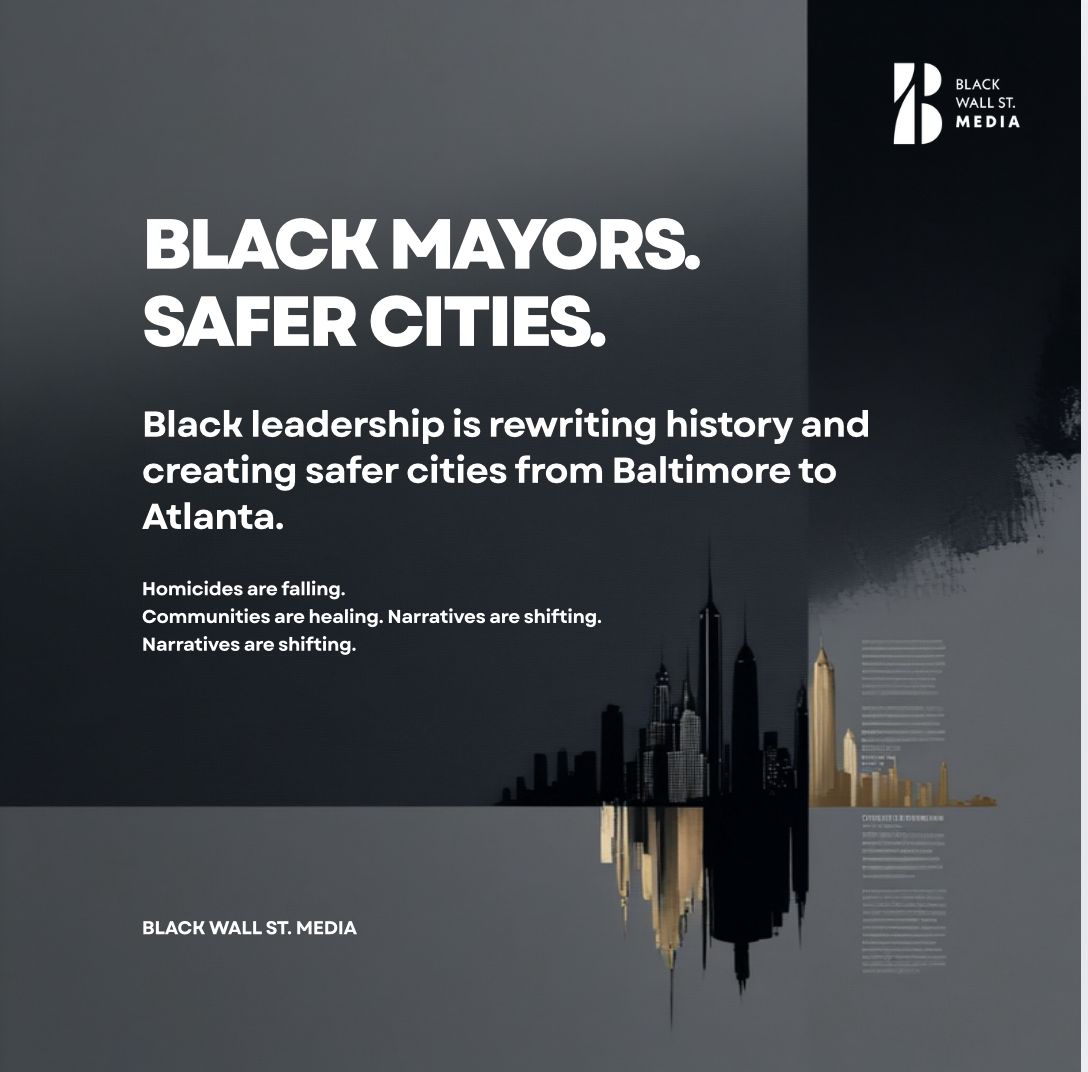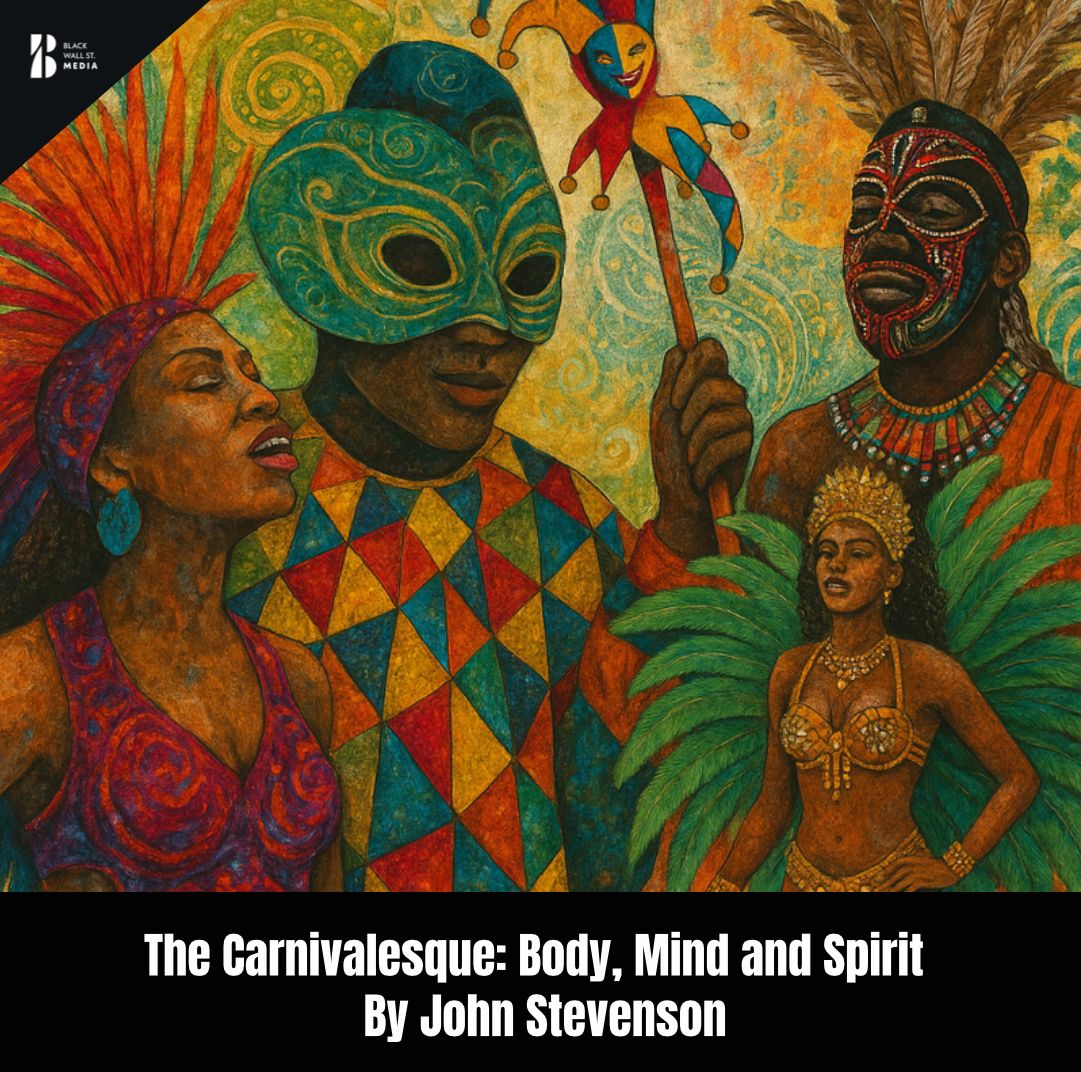Black Maternal Health
BLACK MOTHERS MATTER - EVERY TIME
““We Were Never Just Imagining It”: The Black Maternity Experiences Report 2025 Is a Cry for Justice — and a Call to Action”
BWSMCONTRIBUTOR
“We Were Never Just Imagining It”: The Black Maternity Experiences Report 2025 Is a Cry for Justice — and a Call to Action
By Black Wall St Media
There are reports that confirm what we’ve long known. And then there are reports that refuse to let you look away.
The Black Maternity Experiences Report 2025, co-produced with Five X More and the University of Leicester, is both. It is not just a document — it is a reckoning. A collective memory stitched with pain, testimony, and a demand that we begin, finally, to listen.
For too long, Black women in Britain have been asked to quietly navigate a maternity system that fails them at nearly every turn. This report speaks directly to those failures — but more importantly, it centres the voices of Black women, whose lives and losses have been erased or dismissed in a system built without them in mind.
We Were Never Just Imagining It
The most devastating truths are often the simplest: Black women are four times more likely to die in pregnancy and childbirth than white women. We have heard this statistic repeated in headlines and parliamentary statements, but it remains unchanged.
What this report shows — painfully, clearly — is that it is not just about death. It is about neglect. About dismissal. About systemic dehumanisation that begins with disbelief and ends, too often, in tragedy.
In the words of one mother:
“They didn’t believe me when I said something wasn’t right. I knew my body. I was ignored until it was nearly too late.”
“They Called It Care” — But We Know Better
The report is grounded in 300+ survey responses and in-depth interviews with Black mothers across the UK. What emerges is not just data, but a pattern of institutional disrespect.
- 40% of women said their pain was dismissed or not taken seriously.
- 1 in 3 reported poor communication with maternity staff.
Many felt unsafe, unwelcome, or unseen — particularly during labour, birth, or postnatal care.
These are not isolated incidents. They are the result of what Five X More calls “obstetric racism” — the specific ways that racism manifests within reproductive healthcare, from stereotyping Black women as stronger and more tolerant of pain, to failing to adapt communication or care pathways to cultural and personal realities.
This is not accidental. It is structural.
The Myth of the Angry Black Woman
A chilling theme throughout the report is how quickly Black women’s legitimate concerns are reinterpreted as aggression. One mother, advocating for her child’s health, was told she was “too assertive” and threatened with security.
This dynamic — where passion is pathologised and concern is criminalised — exposes a system that not only fails to protect Black women, but actively punishes them for demanding protection.
And still, they are expected to be grateful.
Dignity is Not Optional
Every person deserves to give birth with dignity. But for too many Black women, childbirth becomes a battleground.
The report calls for urgent reform:
Mandatory anti-racism and cultural safety training for all maternity staff
Proper investment in Black-led community health organisations
Co-production of services — with Black women, not simply about them
Transparency and accountability in maternal health outcomes
These are not optional extras. These are human rights demands. No woman should fear she will not make it out of hospital simply because of the colour of her skin.
What Does Justice Look Like?
Justice is not an apology.
It is not another working group.
It is not a diversity leaflet handed out in the maternity ward.
Justice looks like Black midwives being funded, trained and retained.
Justice looks like Black women being believed the first time they speak.
Justice looks like babies being born into a system that wants their mothers to live.
To Be Black and Pregnant in Britain
To be Black and pregnant in this country is too often to walk a tightrope between joy and danger. The system gaslights you, medicalises you, polices you — and then asks you to trust it.
But Black women are not naïve. They have survived this system because they know how it works. What they are asking — demanding — is that it work differently.
This report is not just research. It is a mirror. It is grief on paper. It is every mother who didn’t make it home. Every child who never got to meet her. Every family who is still picking up the pieces.
This Time, Let’s Listen — And Act
The Black Maternity Experiences Report is not the beginning — and it cannot be the end. It must become a tool. A blueprint. A mandate for change, not just in policy but in practice.
To the NHS, the government, and to every institution that touches the lives of Black women: do not tell us again that you are “listening” unless you are ready to act.
Because Black women are done explaining.
They have told you what they need.
And now — the question is: will you finally deliver?
Read the Full Report
Black+Maternity+Experiences+Report+2025
“Black Maternity Experiences: A National Listening Exercise”
Produced by Five X More and the University of Leicester, 2025.
Share it. Quote it. Use it.
But most importantly — let it move you to do something.

